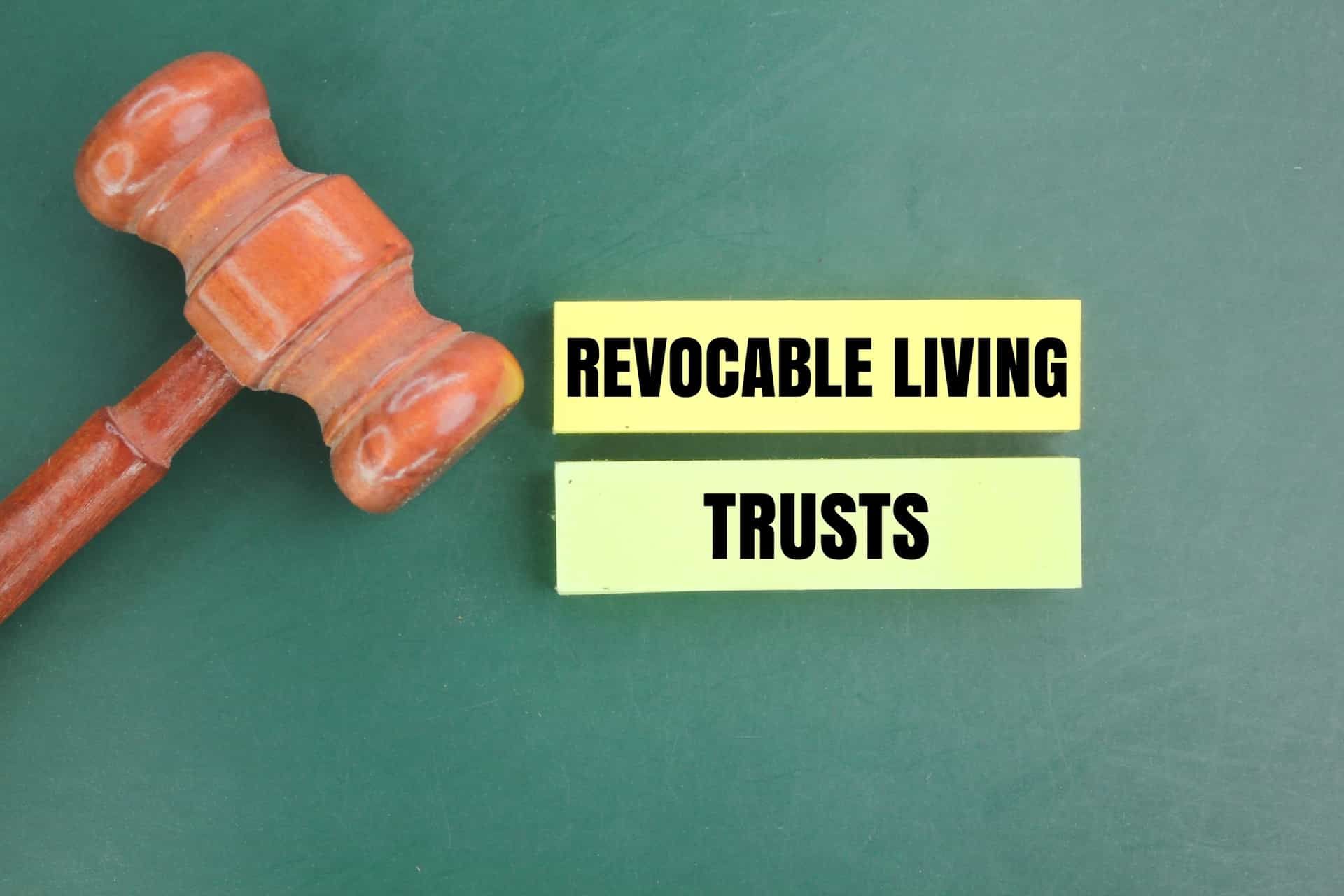What Is a Nominee in a Probate Case?

Going through the probate process can be tricky, especially when dealing with jargon and unfamiliar roles. "Nominee" is one of those terms that play a crucial role in managing the assets of someone who has passed away. For individuals engaged in estate planning or probate matters, it's crucial to grasp the meaning of a nominee and their responsibilities in a probate situation.
What Is Probate?
To grasp the responsibilities of a nominee, it's crucial to grasp the probate process.
Probate is a process that takes place following someone's passing, during which their estate – including assets, debts, and property – is administered and allocated in line with their will or, if there's no will, state regulations. The probate court supervises this procedure to guarantee the deceased's intentions are respected, debts settled, and assets fairly distributed among beneficiaries.
Who Is a Nominee?
In the context of probate, a nominee is an individual or entity named to perform specific duties related to
estate administration. A nominee could be appointed in various scenarios, including:
Executor Nominee: If the deceased left a will, they typically name an executor to carry out the terms of the will. Suppose the named executor is unable or unwilling to serve. In that case, the court may appoint a nominee who assumes the executor's duties.
Trustee Nominee: In cases where the deceased created a trust as part of their estate plan, a nominee may be appointed a trustee if the original trustee is unable or unwilling to serve. The nominee trustee would then be responsible for managing the trust and ensuring the assets are distributed according to the terms of the trust.
Guardian Nominee: If the deceased had minor children or dependents, they may have named a guardian in their will. If the named guardian cannot serve, the court may appoint a nominee to take on this responsibility.
The Role of a Nominee in Probate
A nominee's primary role is to act in the estate's and its beneficiaries' best interests. They are responsible for carrying out the duties assigned to them by the court or as outlined in the will or trust. Here's how a nominee typically functions in a probate case:
1. Administration of the Estate
The nominee is responsible for managing and administering the deceased's estate. This includes gathering and valuing assets, paying off debts and taxes, and distributing the remaining assets to the beneficiaries. The nominee must adhere to the terms of the will or trust, as well as state probate laws.
2. Fiduciary Responsibility
A nominee in a probate case has a fiduciary duty to act in the best interests of the beneficiaries and the estate. This means they must act with honesty, integrity, and impartiality, avoid conflicts of interest, and make decisions that benefit the estate rather than themselves.
3. Communication with Beneficiaries
The nominee is also responsible for keeping beneficiaries informed throughout the probate process. This includes providing updates on the status of the estate, any decisions made, and the timeline for the distribution of assets. Clear communication helps prevent misunderstandings and disputes among beneficiaries.
4. Court Supervision
In many cases, the nominee's actions are subject to court supervision. This means they may need court approval for particular decisions, such as selling estate assets or making distributions to beneficiaries. The court's oversight ensures that the nominee acts by the law and the terms of the estate plan.
5. Resolving Disputes
If disputes arise among beneficiaries or other interested parties, the nominee may help resolve them. This could involve mediating disagreements, seeking court guidance, or working with attorneys to ensure that the estate is administered fairly and according to the law.
Why a Nominee Might Be Appointed?
There are several reasons why a nominee might be appointed in a probate case:
Incapacity of the Named Executor or Trustee: If the person named in the will or trust to manage the estate cannot fulfill their duties due to illness, incapacity, or death, the court may appoint a nominee to take over.
Disqualification of the Executor: In some cases, the named executor may be disqualified from serving due to conflicts of interest, criminal history, or other legal issues. The court then appoints a nominee to ensure the estate is managed correctly.
Unwillingness to Serve: The named executor or trustee may be unwilling to take on the estate's responsibilities due to personal reasons or because they feel they need to be qualified. In such cases, a nominee is appointed to fulfill these duties.
Absence of a Will or Trust: If the deceased did not leave a will or trust, the court may appoint a nominee to administer the estate according to state law. This ensures that the estate is handled efficiently and fairly, even without explicit instructions from the deceased.
Conclusion
In a probate situation, the role of a nominee ensures that the estate is handled and distributed in accordance with the wishes of the deceased and legal obligations. Whether serving as an executor, trustee, or guardian, the nominee must fulfill their responsibilities with honesty and diligence, always prioritizing the well-being of the beneficiaries. Recognizing the purpose and significance of a nominee can help simplify some of the challenges and uncertainties typically associated with probate proceedings.
For individuals navigating through probate matters or engaged in estate planning, seeking advice from legal professionals such as those at
Jostock & Jostock , Naples Florida can offer valuable assistance and reassurance. Whether creating a will, establishing a trust, or addressing probate issues, having competent legal guidance can make an impact.
Disclaimer: The information on this website and blog is for general informational purposes only and is not professional advice. We make no guarantees of accuracy or completeness. We disclaim all liability for errors, omissions, or reliance on this content. Always consult a qualified professional for specific guidance.






